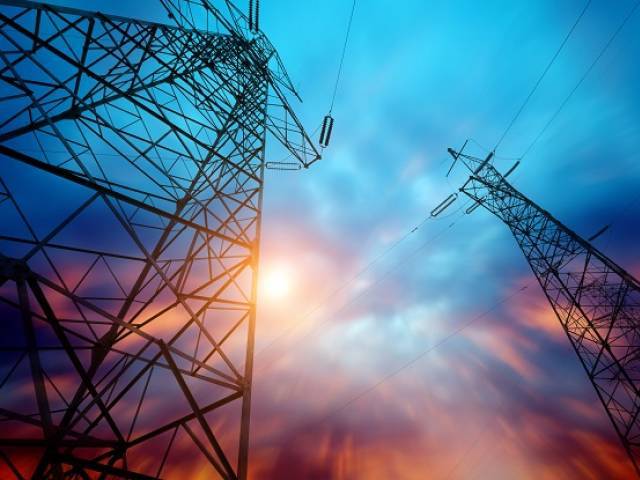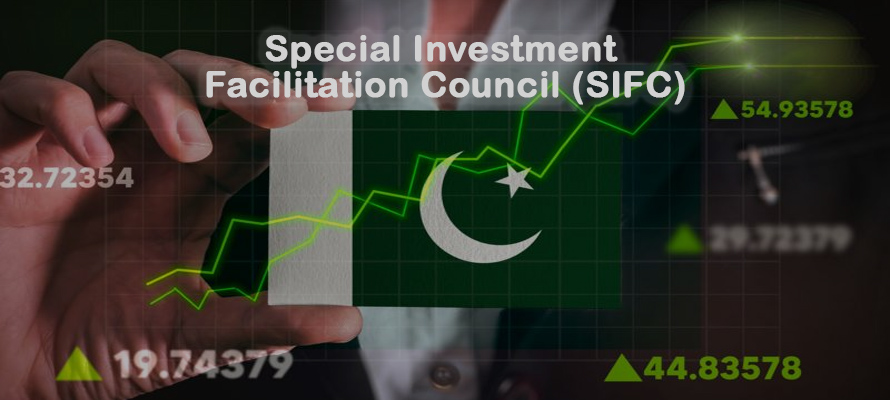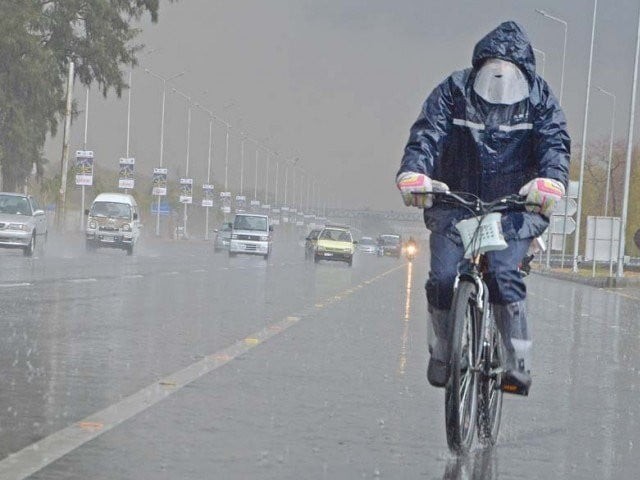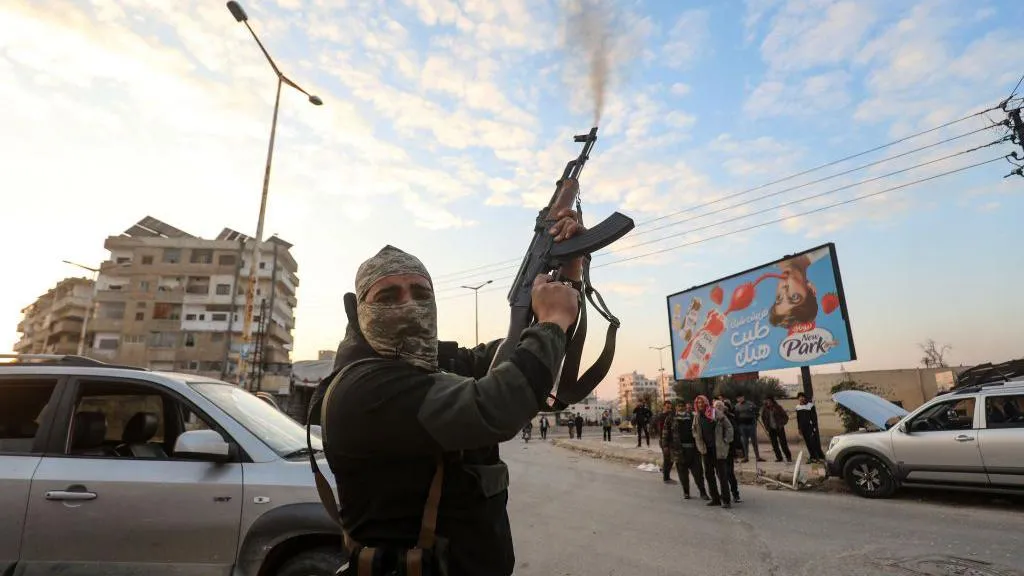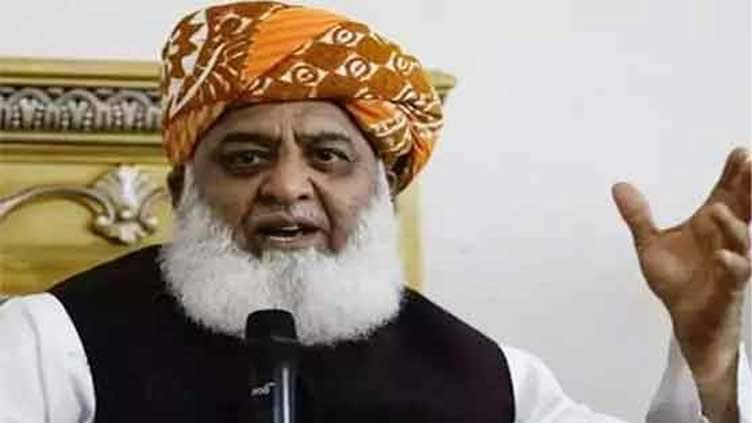The National Electric Power Regulatory Authority (Nepra) has raised alarms about serious weaknesses in Pakistan’s power sector. According to evaluation reports for FY2023-24, the country’s energy sector faces significant challenges, particularly regarding the mismatch between power generation capacity and actual output, which raises concerns about the system’s ability to meet growing energy demands.
The generation sector report reveals that, despite an installed capacity of 45,123.9 MW, a large portion of the capacity remains underutilized. This issue is compounded by Pakistan’s dependence on imported fuels like RLNG and coal, which exposes the country to fluctuations in global fuel prices and threatens energy security. While renewable energy sources are growing, their intermittent nature makes them difficult to integrate efficiently, further aggravating underutilization.
The transmission sector report presents mixed results. While the National Transmission and Despatch Company (NTDC) has improved system reliability, it also highlights serious constraints in the transmission network that prevent cost-effective power from reaching consumers. Delays in critical transmission projects, coupled with bottlenecks in transferring power from southern to northern regions, further strain the system and increase dependence on expensive generation methods.
Meanwhile, K-Electric (KE) stands out with positive progress, particularly in maintaining reliability on its 220 kV transmission network and enhancing cybersecurity. However, KE faces issues with tie line reliability and transformer overloading, which it needs to address to prevent potential problems.
The report sharply criticizes government-owned distribution companies (Discos) like Lesco, Iesco, Mepco, and Gesco for their poor performance, including high technical and commercial losses, inefficient billing systems, and governance issues. These inefficiencies hinder sector growth and modernization. International organizations such as the World Bank and Asian Development Bank have also raised concerns about the state of the distribution sector, urging urgent reforms. In contrast, KE’s efforts to reduce losses and modernize infrastructure align with these international recommendations, offering a hopeful sign for Karachi’s electricity consumers.




































